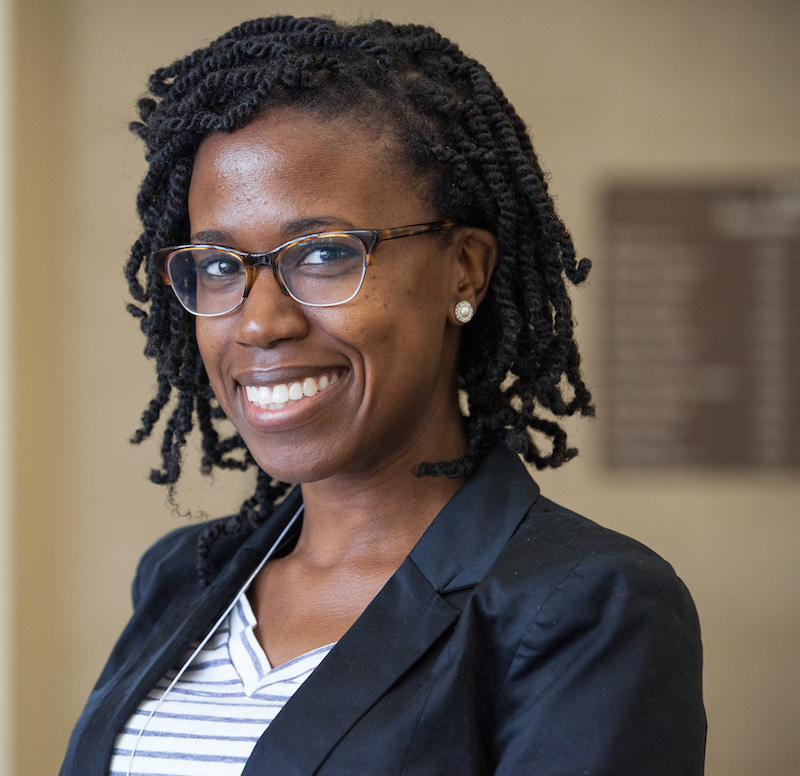Anthropology

“If I could do it all again, I would still major in Anthropology!” exclaims Misha Baker ’10. She currently lives in Atlanta, Ga. and works as a Graduate Research Assistant at theCenters for Disease Control and Prevention (CDC), a dream opportunity for those interested in public health and public policy.
“In anthropology we are always listening to and finding new and differing perspectives to better understand a cultural reality,” she says. “In public health, we do the same thing but are focused around solving population health issues like improving cancer prevention and increasing access to reproductive health.”
Baker’s first job out of college was a yearlong fellowship with Haverford House, sponsored by theCenter for Peace and Global Citizenship (CPGC), during which she became strongly involved in food justice work withFair Food, a local nonprofit in Philadelphia. As part of her fellowship she also interned once a week at the United Nations Association of Greater Philadelphia.
“My Haverford education in anthropology had a strong emphasis on synthesizing seemingly disparate ways of thinking,” she says. “This was useful when trying to identify solutions to food justice issues with a multicultural audience.”
After her fellowship, Baker moved to New York City to work as a program assistant at the AIDS Institute, a unit within the New York State Department of Health, with alumnus Bruce Agins ’74. Continuing to pursue her interest in public health, she then worked as a medical case manager at an HIV clinic in the city.
Baker also attended Emory University to pursue a Master’s in Public Health, which led her to her current job at the CDC. Currently, she primarily works on two national surveys related to blood transfusions in the U.S. that address questions such as how much blood is collected and transfused in the country, and how many adverse reactions and associated incidents have occurred as a result of blood transfusions.
Still passionate about her interest in anthropology, Baker seeks to use the knowledge and skills she learned at Haverford to advance social justice in the world.
“[Anthropology] is a fantastic discipline that is engaging and applicable to almost any career you choose,” she says. “My advice to current majors would be to think about how Anthropology can advance social justice. How can anthropologist or anthropological-thinking improve the world?”
—Hina Fathima ’15